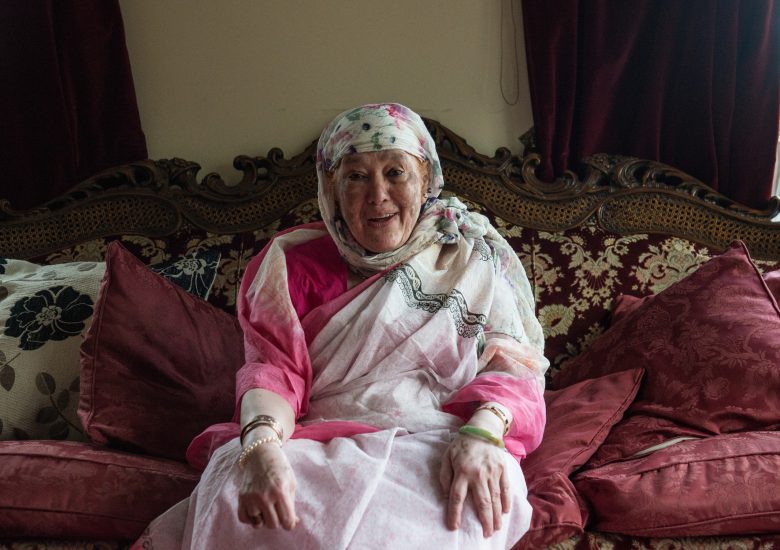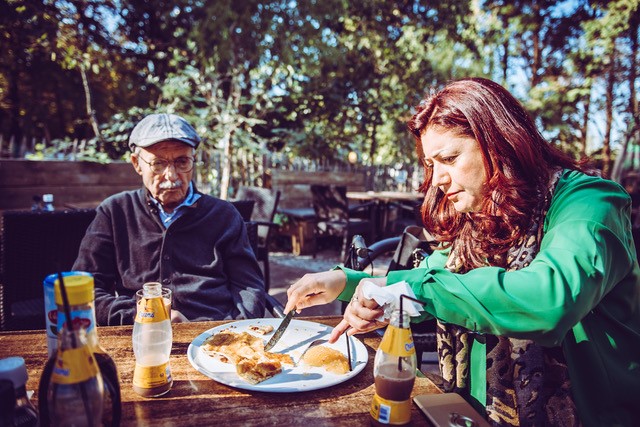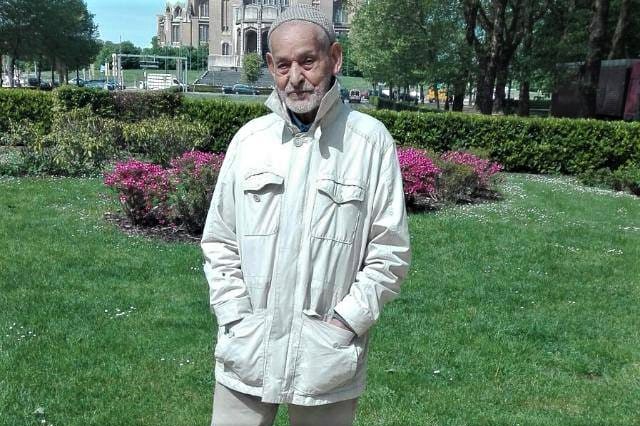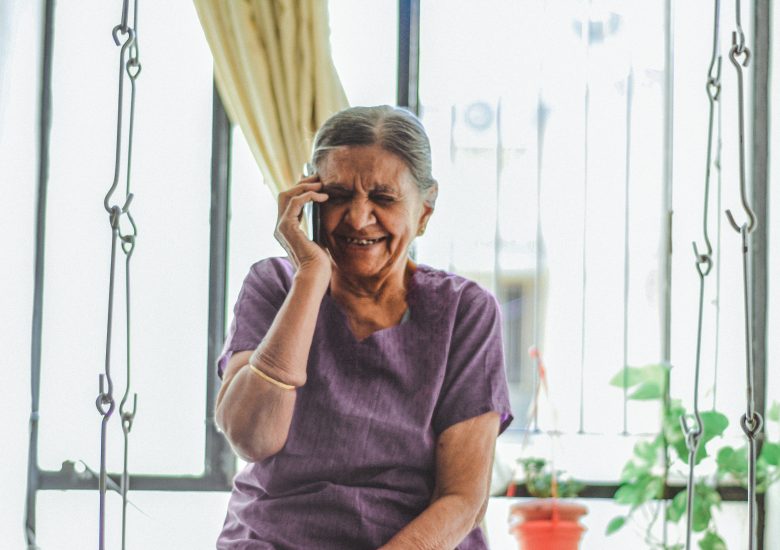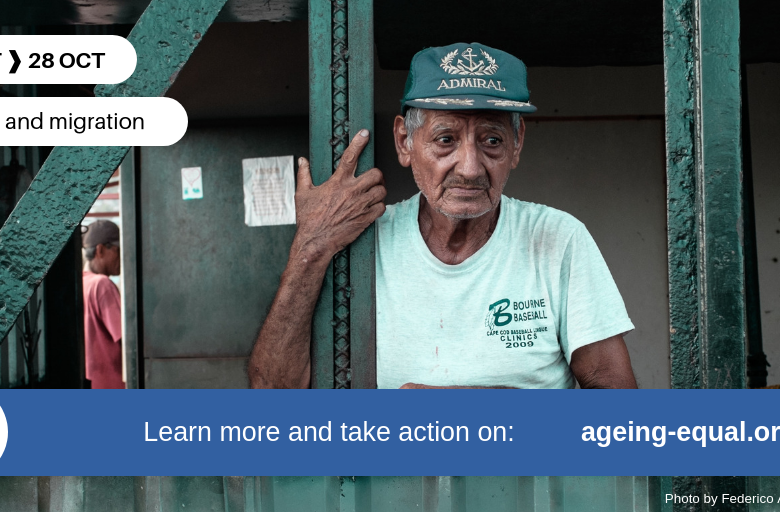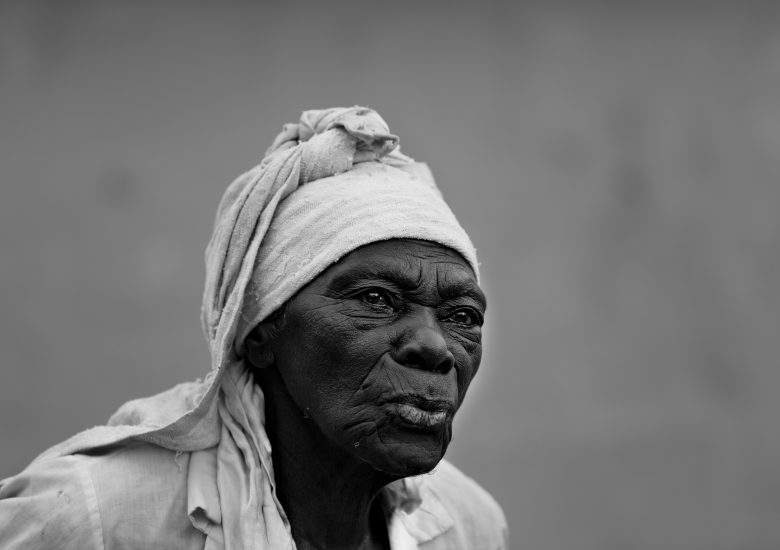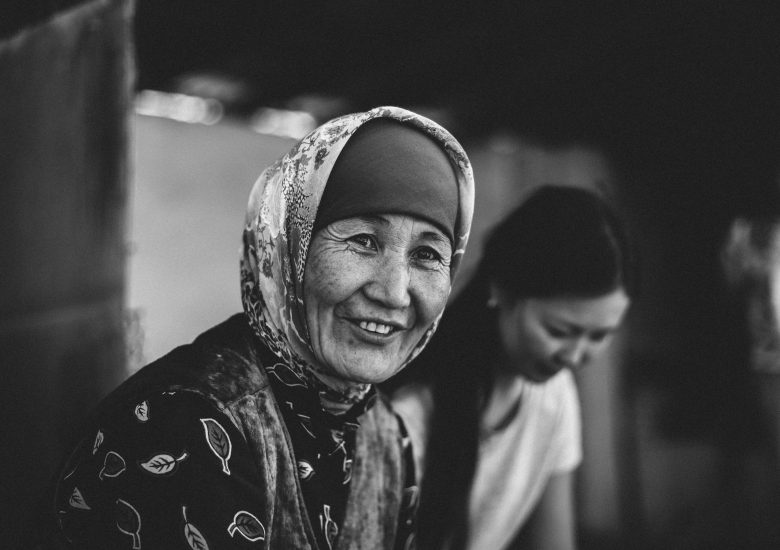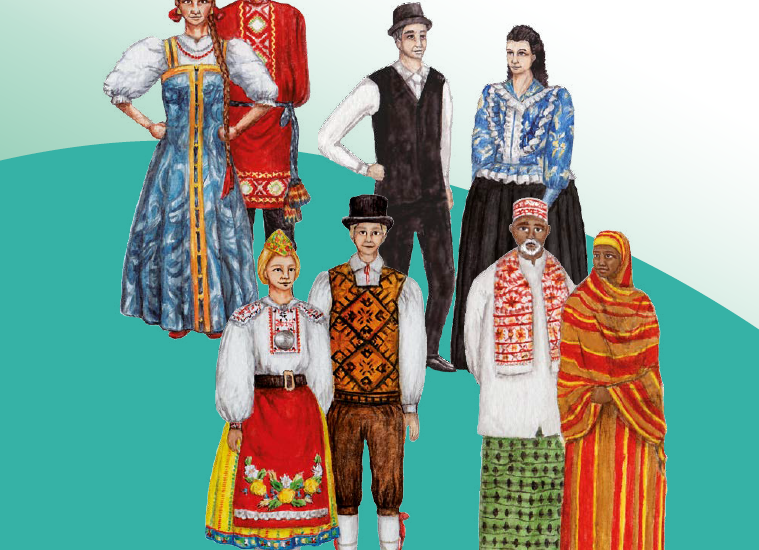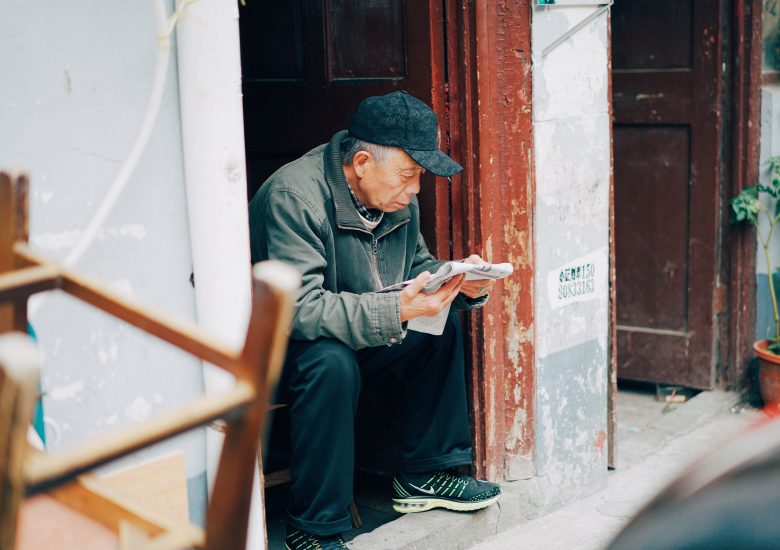This theme focuses on people who have migrated and aged in a host country, those who have fled their countries in older age and those who are left behind without necessary support.
We often tend to think of migration as a phenomenon mainly affecting younger populations. But this assumption makes us ignore the numbers of older people that leave their countries either alone or with their families as well as the impact for those who remain in their place of origin while their families move away. Yet, while several disadvantages are common to all migrants and asylum seekers, some may be more common or have a more significant impact on older people.
Studies show that the needs of older people during emergency situations, conflicts and humanitarian crises that often lead to waves of refugees and forced displacement are more likely to be ignored. For example, they may have trouble accessing humanitarian assistance due to mobility problems. In addition, sometimes older people are left behind because their family and friends cannot carry them. There is even some evidence that older people can become targets of violent attacks in conflict zones. In addition, older people have been shown to suffer from greater levels of psychological distress, health issues, injuries and exacerbated frailty when they move. Their increased needs for support are rarely met.
In addition, refugee and migration policies prioritize the influx of younger people in order to meet the host country’s labour market needs and to avoid the exacerbation of demographic ageing. Since older people are perceived as a burden rather than as an economic asset, they encounter additional barriers when they try to enter a new country or reunite with their families. In fact, most countries use age as one of the criteria on the basis of which they determine whether to allow migrants enter their country. As a result, older people face additional barriers regardless of their skills, educational level and income. Additionally, according to Human Rights Watch family reunification policies prioritize children and parents, often separating older people from their families for prolonged periods of time. In some cases, older people have died before they were able to meet again their family and friends. Moreover, when older people move to another country they often lose their rights to pension and other welfare entitlements.
Finally, according to research migrants who have aged in another country are more likely to face social isolation, poverty and worsened health because – due to their migrant or refugee status and older age – they have more limited access to welfare provisions and services and are ignored in mainstream ageing and migration policies. But overall, we still lack adequate information about the situation of older migrants and refugees due to the absence of relevant data.
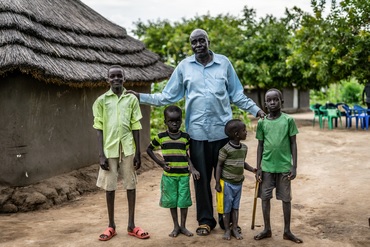
All of my bones are in pain. I want to die, I really want to die. [But before I do,] I just want to see my sons.
Nesrin, older refugee interviewed by Human Rights Watch


